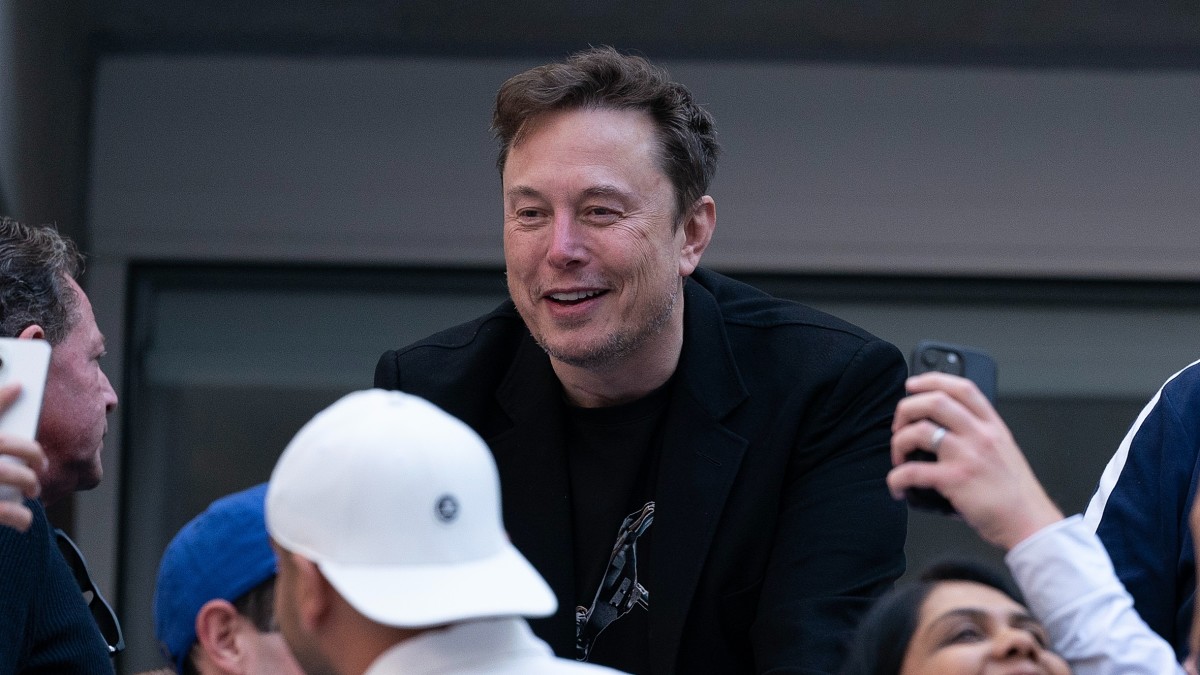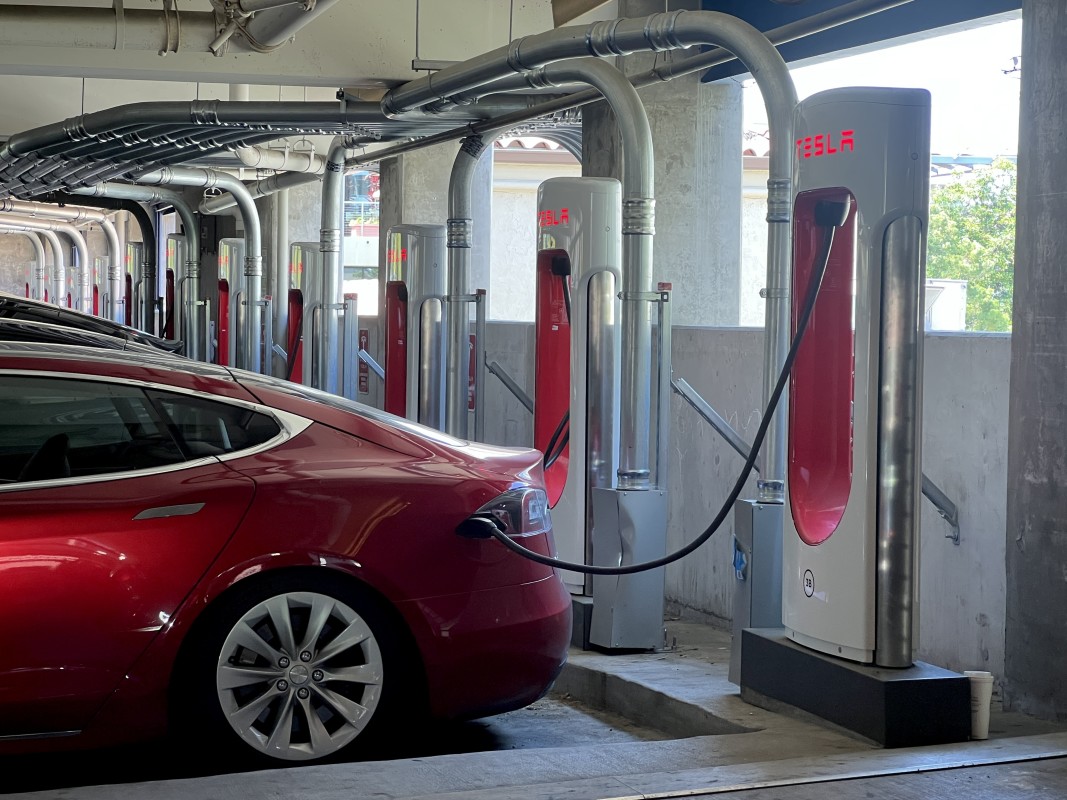
Before traditional automakers became incredibly gung-ho about electric vehicles, the Elon Musk-led Tesla (TSLA) was the de facto brand name in EVs, as it led the way in innovation and technology.
However, times have changed, and so has Elon Musk.
Long before he publicly endorsed Republican Presidential nominee Donald Trump, the chronically online Musk made his political leanings and ideology well known to the millions of users who have long used his social media platform, X, whether they follow him or not.
These actions have had consequences. The results of a July poll conducted by the New York Times found that many EV owners can't separate Tesla from Musk, and the racist, xenophobic, transphobic, and homophobic views that he shares online have influenced their decision to buy EVs from other brands.
Though Musk moved Tesla from Silicon Valley to Austin in 2021, a new report shows that EV owners in the tech corridor, and Tesla's former hometown, are turning away from the brand in droves.

Tesla is losing its grip on Silicon Valley
According to a new report by Automotive News, recent registration data shows that Silicon Valley EV buyers are flocking to Tesla's competition, like Rivian and Hyundai, for fresher-looking and similarly priced EVs that are divorced from Musk's edgy persona.
Data from S&P Global Mobility shows that in Santa Clara County, which includes cities like Cupertino—the home of Apple (AAPL) , Mountain View—the home of Google (GOOGL) , and Palo Alto—Tesla's former home, registrations of Teslas dropped 22% in the first half of this year compared to 2023, while during the same period, registrations for its competition grew 41%.
When expanded to include Alameda, San Mateo, Contra Costa and San Francisco counties, S&P Global Mobility's data shows that Tesla registrations fell 21% while registrations of non-Tesla EVs grew by 1.4%.
S&P Global Mobility analyst Tom Libby pointed out that besides the Cybertruck, Tesla's lineup consists of cars that can be best described as "more of the same," noting that volume models like the Model Y crossover and Model 3 sedan are in desperate need of a redesign if they are to compete with brands like Rivian and Hyundai.
Though Tesla ranks very high in brand loyalty at 70%, many first-time buyers might be tempted to shop elsewhere.
"In the most dense EV counties in California, the market is shifting away from Tesla to other brands," Libby said. "There's much, much greater competition and it's coming from many brands in many segments with new models. Tesla is facing much greater competition at all levels."
More Business of EVs:
- Waymo finds new way to bring chaos to quiet city streets
- Gavin Newsom's 'EV mandate' is under U.S. Supreme Court threat
- BMW's clever, new EV app is a privacy nightmare
But more critically, Tesla's lost grip on Silicon Valley can also be attributed to Musk's political incompatibilities with its buyer base.
It is no secret that Silicon Valley, and much of Northern California, leans politically liberal.
According to public election data from Santa Clara County, much of the population is intensely politically active. In the last presidential election, the county had an 84.76% voter turnout, which saw 72.64% of the votes go to President Biden. Similarly, down-ballot elections saw democratic candidates for Congress, California State Senate and state assembly win by similar margins.
According to data analytics firm CivicScience, this could be a problem.
"The EV buyer base swings harder to the left in the U.S.," they said. "Democrats are twice as likely as Republicans to purchase an EV. Democrats are also more likely to associate Elon Musk with the brand and to be less interested in Tesla as a result."
Related: Elon Musk’s sudden Trump endorsement can be bad news for Tesla
Brian Maas, president of the California New Car Dealers Association, noted that in terms of business practice, Tesla CEO Elon Musk is "Ripping up the rule book and throwing it in the garbage," noting that "the general rule for anybody who reads a business section is you don't want to do anything to upset a huge percentage of your customer base."
Mass noted that Musk is not only controversial but "purposely controversial," noting that his politics and erratic behavior on social media add a cherry on top of the reasons why buyers would look elsewhere for an EV.
"Five years ago, Tesla pretty much had the EV market to itself with a couple of minor exceptions," Maas said. "Now, that bloom is off the rose. It's an EV that has to compete with all these other EVs, and all these other EVs are newer. And on top of all that, you have Mr. Musk's controversies, and people are exhausted."
Similarly, MBLM managing partner Mario Natarelli says that Musk's behavior and temperament may have dug Tesla into a hole that it cannot climb out of.
"Tesla was the EV leader, the most innovative, represented by a visionary, someone ... looking to make the planet healthier. Now people are selling their Teslas, ashamed to even drive them because of the association with him."
At the time of writing, Tesla Inc., trading under TSLA on the NASDAQ, was down 0.29% and traded at $227.20 per share.
Related: Veteran fund manager sees world of pain coming for stocks







